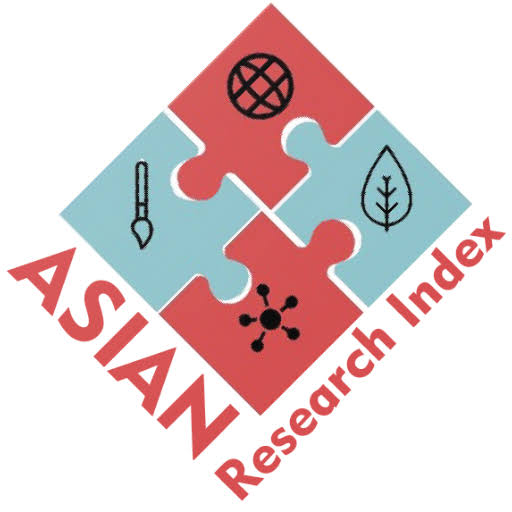Socrates and Iqbal’s Concept of the Self: A Comparative Study for Transcendental Development
Keywords:
Self, Virtue, Spiritual knowledgeAbstract
سنا ہے میں نے ، غلامی سے ہے اُمتوں کی نجات
خودی کی پرورش و لذ ت ِ نمود میں ہے
The Self is the key to success and the seat of knowledge. Knowing oneself leads him/her to the exemplary flourishing path and the destination. As Socrates declared, “Unexamined life is not worth living - know thyself; find out, who you are, what your life’s purpose is, and what you are attempting to become”. A similar concept is given by Iqbal, who focused on purposeful action and strengthening the self as it expands the value of human existence and elevates it closer to God. Iqbal said, the values human existence and elevates it closer to God. Iqbal said,
راز ِکُن فکاں ہے، اپنی انکھوں پر عیاں ہوجا تو
خودی کا راز داں ہو جا، خدا کا ترجماں ہوجا
This qualitative research explores some facts that exist in human nature to be the perfect man, as a vicegerent of God on earth. Data related to the concept of self that is given by Socrates and portrayed by Iqbal in his Urdu poetry was collected. The content collected in the data was manually analyzed and then the computational content analysis technique was adopted by using NVivo 12.0. The findings of the research indicate that the reality-based truth of human learning is related to the concept of self-presented by both philosophers. This study concludes with a theoretical model of transcendental learning that reflects the ideas of two great mentors of all times. The developed Transcendental Learning Model (TLM) is based on a holistic approach to growing an individual's inner-self of the spiritual being to be a perfect man. This model is adopted may lead individuals to know their basic values to identify an approach that may nourish the self to keep the soul to be in peace in the world of work and become immortal as well.
ہو اگر خود نگر و خود گر و خود گیر خود ی
يہ ممکن ہے تو موت سے بھی نہ مرس





